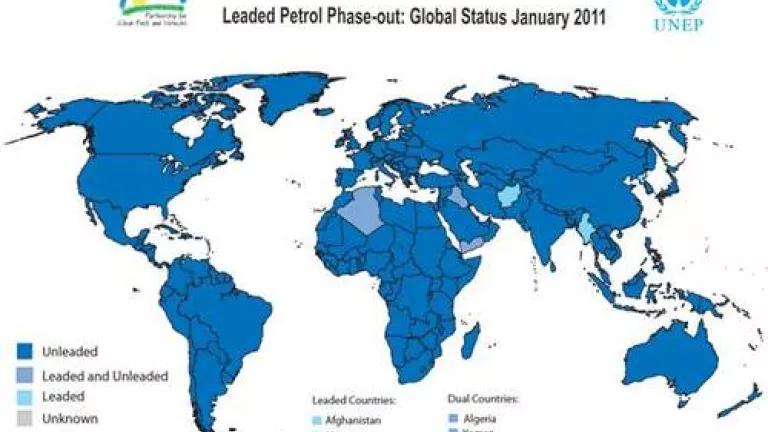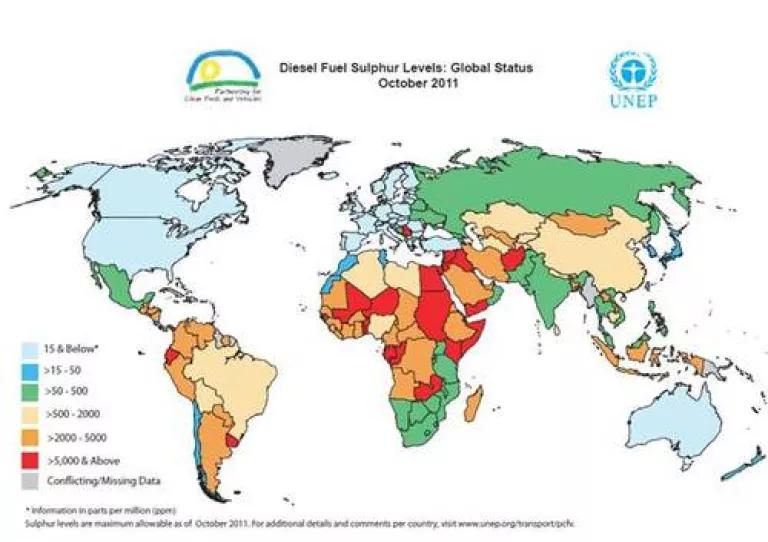Cutting black carbon--and slowing climate change--with cleaner cookstoves and cleaner diesel

A new paper in Science says cutting soot and methane emissions with simple, existing technologies will slow climate change by as much as 1°F by the middle of this century.
Soot, also called “black carbon,” is both a local, health issue, as well as a global, climate issue. Two big areas of opportunity for reducing these emissions are cookstoves and diesel engines.
I posted recently about cookstove innovations I saw in Honduras. Worldwide, three billion people use wood and dung-burning cookstoves. A rudimentary cookstove generates half as much carbon dioxide as the average car, as well as toxic, heat-trapping black carbon that pollutes homes, poisons lungs and warms the planet. NRDC is advocating for strong investments in clean and efficient cookstoves and feedstocks at the Earth Summit Rio+20.
NRDC is also working to slash diesel soot emissions worldwide. Collaborating with the United Nations Partnership for Clean Fuels and Vehicles (PCFV), an organization NRDC co-founded in 2002, we are introducing new standards for ultra-low sulfur fuels, engine filtration, and emissions monitoring, and working to get these standards adopted in more countries around the world (these are already adopted in the US, Japan, and EU).
Previously, the PCFV stewarded the global phaseout of leaded gas. As of last year, all but 6 countries had phased out leaded gas.
Even as the debate rages about other greenhouse gas polluters, we need to move forward in these two areas of cookstoves and diesel. Let’s hope we can see more action and less rhetoric about black carbon and CO2.
Read more about this study on the Washington Post and E&E News.

